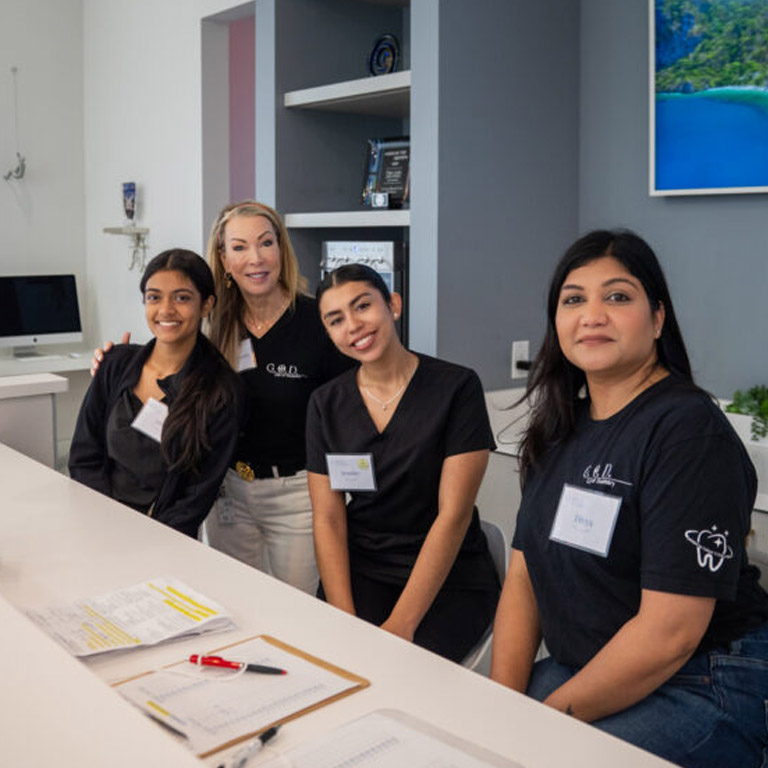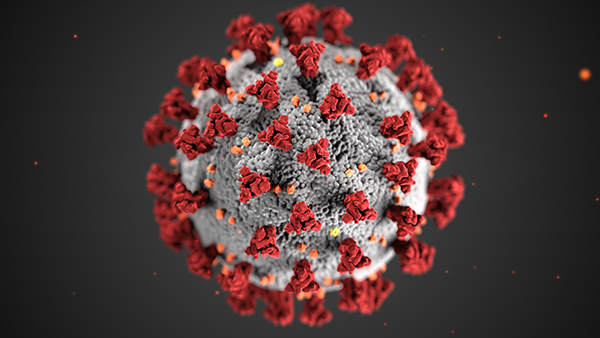Coronavirus is here. It has landed on American soil and has spread across the virus and at the time of writing has reached nearly every state. It’s pierced all the way through to even our great city of Houston, with over 15 confirmed cases and a whole rodeo being canceled as Houston and Harris counties declare a health emergency. This comes on the same day the World Health Organization (WHO) declares the coronavirus outbreak a global pandemic. With over 100,000 across the world already infected, over 3,000 life’s lost, and an economic impact whose full scope is yet to be known, the new Coronavirus is poised to be the defining event of the year. And it’s only march. It’s a pretty big deal.
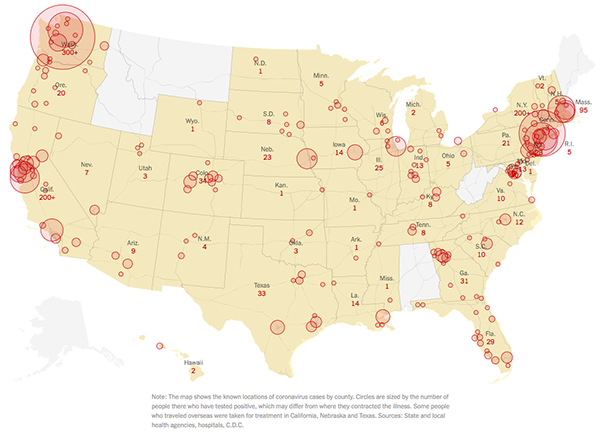
Unfortunately, all the yee-haw in Texas was not enough to stop the coronavirus.
The powers that be can only do so much to stem the spread of a virus. When it comes to protecting our loved ones, the onus falls on each individual. By now you’ve heard of washing your hands often and sneezing into your elbow as opposed to directly into your friends’ faces, but there’s still much more you could be doing to reduce your risk of infection. So put down that third bulk box of toilet paper, buddy, we’re gonna tell you of some actually useful and easy things you can do to help keep yourself coronavirus free.
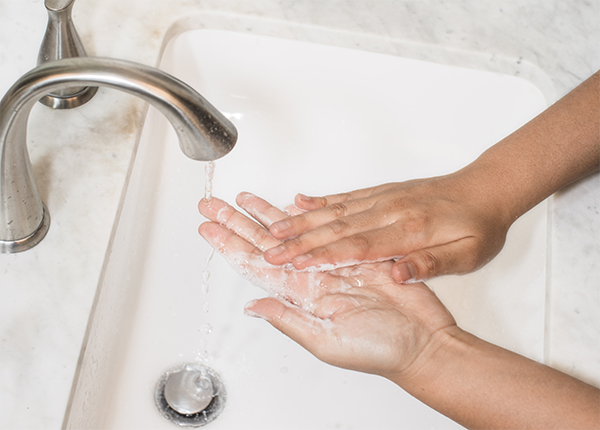
1. Wash Your Hands
Yes, it’s that important. Do you have any idea how many things the average person touches in a day? A lot. Light switches, door handles, desks, chairs, other people GROSS. Germs we get from the things we touch get spread to other things we touch. Your phone might live in your pocket all day, but guess what’s constantly touching it. Yeah, those greasy little sausages we call fingers. All the germs you’ve gathered on your hands are also on your phone and keyboard and computer mouse. God help you if you’re a chronic face toucher like me.
Really, we should be washing our hands often under normal circumstances. Now that there’s a crazy new virus on the loose, frequent hand washing should be a personal motto if not your newly adopted religion. You could walk around surrounded by a mist of anti-bacterial spray, but it would be a lot cheaper to simply wash your hands more often and be more aware of what you touch. Click here to learn about proper handwashing technique from the CDC.
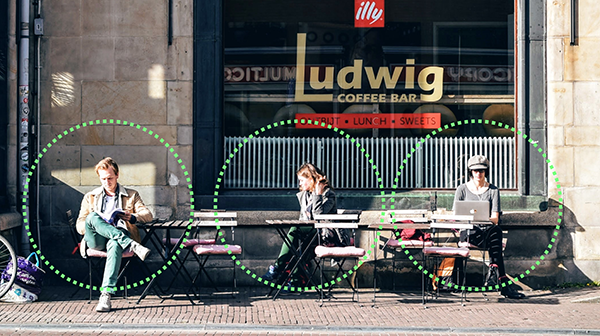
2. Stay in Your Bubble
You’ve likely heard that medical masks can stop the coronavirus. I’m willing to bet you’ve even heard of using very specific masks, like maybe surgical grade masks. There are a few problems with this tactic.
- If you haven’t been trained on fitting these masks to your face, there’s a decent chance you’re not wearing it properly. This combined with improper handling and disposal limit the masks’ effectiveness.
- The coronavirus can still enter through your eyes.
- Hoarding masks like people have been hoarding toilet paper has created a national shortage of masks for health care professionals, including not just those in the frontline of the coronavirus outbreak but also those in charge of every other medical procedure, exam, and operation that needs to be performed.
- According to the WHO, there is no evidence to suggest that masks prevent healthy people from getting sick with the new Coronavirus.
A much more effective way to keep the coronavirus at bay would be to keep your distance. That’s right, all that stuff your kindergarten teacher tried to teach you about keeping your grubby little hands to yourself is also effective at keeping the coronavirus from infecting you. In my research, I’ve seen ranges from 2-3 meters (6.5-10 feet), but it’s pretty clear that the further you are from someone, the less likely the droplets in their coughs will be able to reach you.
As for who should be wearing masks: The WHO says healthy people don’t need them. Only those who are sick and coughing or sneezing and those who are taking care of sick people need to be using masks. You can find more information about masks on the WHO website where they also talk about proper mask handling. Again, keeping your distance and frequent handwashing is much more effective than just throwing on a mask.
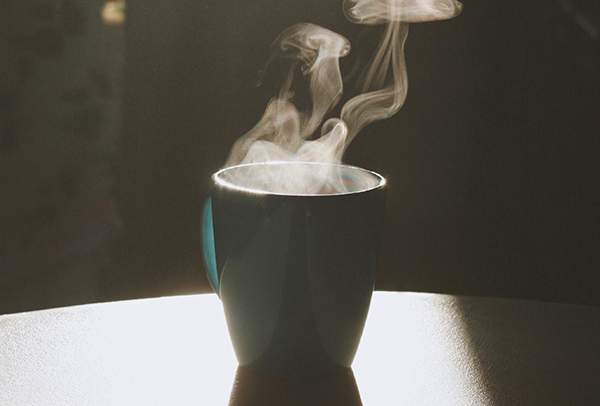
3. Drink Warm Beverages
Much like myself, the coronavirus doesn’t like the heat. But while a hot cup of joe would revitalize my soul and fill me with the strength of my ancestors, the coronavirus plops down and dies.

If the coronavirus is exposed to temperatures of 126°F-127°F degrees it dies. Seems pretty hot, but consider this: Starbucks coffee is served at temperatures between 150°F and 170°F. Most other popular chains that serve coffee serve theirs at around the same or even hotter temperatures. As if we need a reason to maintain the national caffeine addiction. If coffee is not your thing, hot tea, hot chocolate, hot plain water, any hot beverage will do. And not just because of the temperature. Drinking liquids every 15 minutes will wash the virus through your esophagus and into your stomach where gastric acid will kill it.
It’s important to remember that the coronavirus only dies at temperatures hotter than 126°F. So if you wait for your hot tasty beverage to cool down a bit, it may not be hot enough to kill the virus in all parts of your mouth. Let’s be honest, we’re not gonna chug our morning americano as soon as we get it. If you want to make sure your whole mouth is clean, and antiseptic mouth wash will be consistently more effective. But this will only protect your mouth. The virus can enter through your nose and eyes, and it can cling to your skin and clothes. Again, the best method is to wash your hands frequently and keep a respectable distance from others.

4. Sleep More
Sleep isn’t just for after you get sick. It can also help keep you from getting sick in the first place. Sleep helps boost the immune system. In a study performed by researchers at the University of California, San Francisco and Carnegie Mellon University monitored the sleep of participants for one week. Then test subjects were given nasal drops containing the common cold virus. Those who had slept less than six hours a night the week before were four times more likely to catch a cold compared to those who got more than seven hours of sleep.
Another study from the University of Tubingen Germany found that sleep gives the immune system a chance to regroup. And yet another study from the University of Washington Medicine found that chronic short sleep shuts down programs involved in immune response.
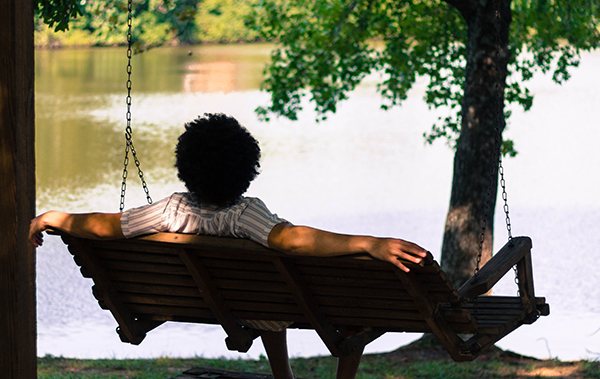
5. Chill Out, Bro
Stress is a big suppressor of our immune system. It also has a cumulative effect on our ability to fall and stay asleep, which in turn also hurts our immune system. Keeping our stress levels at a minimum can be an especially difficult challenge right now. Every day we are exposed to a constant stream of coronavirus news and updates, but instead of easing our worries, hearing about the spread of the new coronavirus and how it affects communities and events, some even close to home, only makes us more stressed. But here’s how Dr. Neil Fiore, licensed psychologist and author of 6 books, puts it
“Calling up the stress response to deal with dangers that are not happening now is similar to pulling the fire alarm for a fire that may happen next year. It would be unfair to the fire department and a misuse of its time and energy to ask firefighters to respond to such an alarm, such as it’s unfair to demand that your body continually respond to threats of danger from events that cannot be tackled now.”
It’s important to build practices and mental habits that protect us from cumulative stress and anxiety. Doing things like focusing on what we are grateful for and avoiding negative fantasies based on fear rather than data is as important for our mind as sleep and healthy food choices are for our body.
Come for the care, stay for the experience. Schedule your next visit today!
